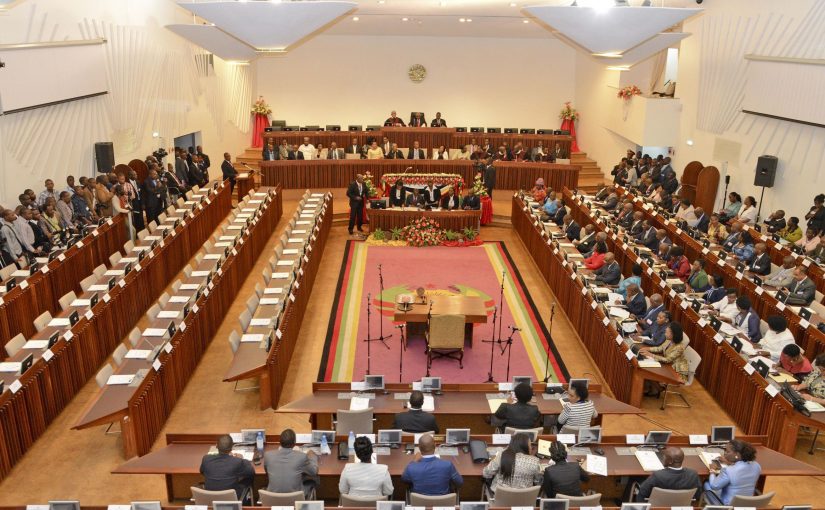Mozambique: Former Renamo guerrillas released - DW
Mozambican parliament resumes today with election of governors on the agenda

File photo: Lusa
The Assembly of the Republic of Mozambique resumes plenary sessions today for the first time since December, with an agenda focusing on the decentralisation package and including the adoption of legislation providing for the election of provincial governors.
The session starting today will be the eighth ordinary of the ninth legislature, and is scheduled to last until May 23, a date that may still be altered depending on the pace of works.
Of the many matters listed for the plenary sessions, the so-called decentralisation package should, at first glance, most arouse the interest of Mozambican society, not least because it includes the first law on the election of governors in the history of Mozambique.
If the bill is approved, the governors will no longer be appointed by the President of the Republic, as has happened since the country’s independence in 1975, but will be elected in each of the country’s 11 provincial constituencies.
The governor will direct the provincial executive council, which will be the government of the province, and will be responsible for matters of local interest but not for those of national sovereignty, which will remain within the jurisdiction of the central government.
To ensure respect for the central government’s powers, the head of state will be empowered to appoint a secretary of state in each of the country’s 11 provinces.
The decentralisation package is the result of agreements between the Mozambican government and the Mozambican National Resistance (Renamo), the main opposition party, in the peace negotiations.
The Assembly of the Republic of Mozambique is made up of 250 deputies, 144 from the Liberation Front of Mozambique (Frelimo), the party in power, 89 from Renamo, and 17 from the Democratic Movement of Mozambique (MDM).












Leave a Reply
Be the First to Comment!
You must be logged in to post a comment.
You must be logged in to post a comment.